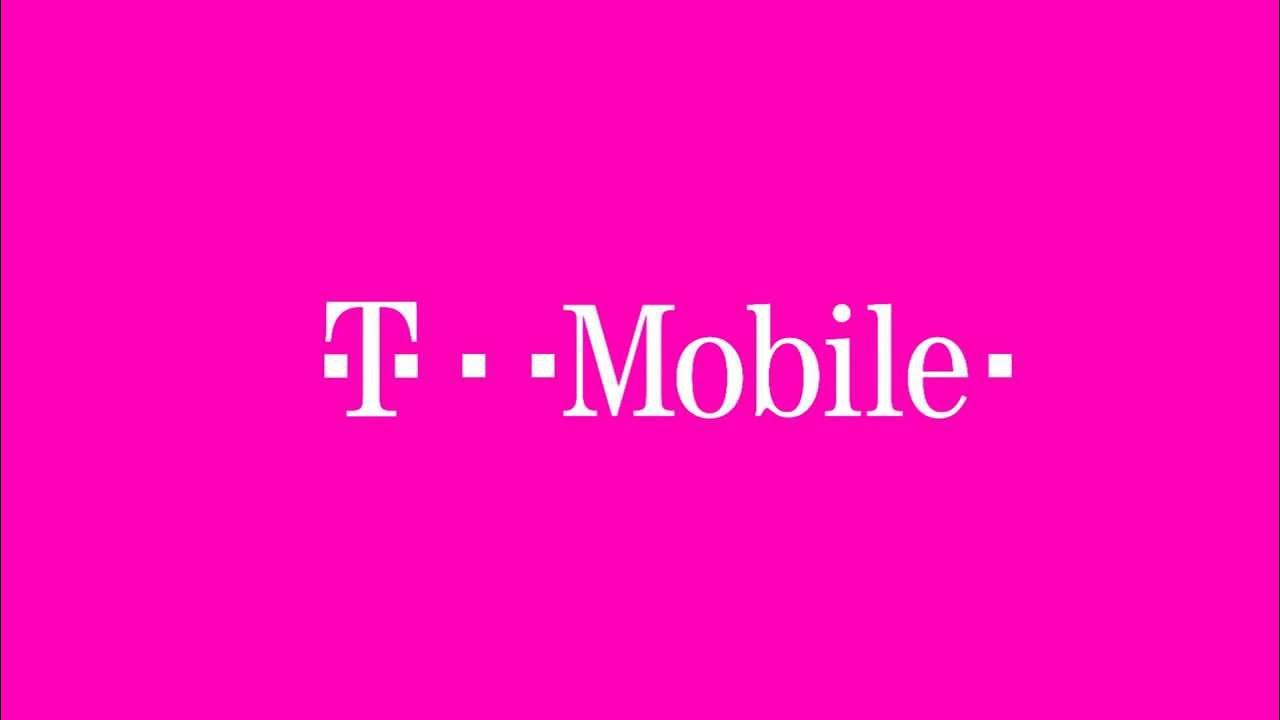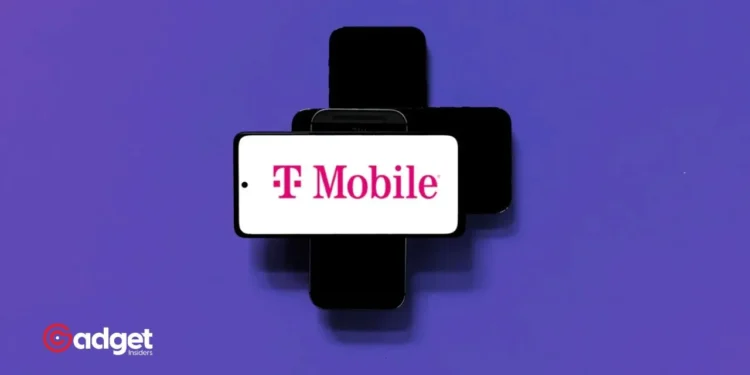In 2020, T-Mobile’s acquisition of Sprint marked a significant transformation in the U.S. telecommunications landscape, reducing the number of major mobile carriers from four to three. This consolidation has had a profound impact on mobile pricing, contrary to the benefits that such mergers often promise to bring.
According to the latest report by Rewheel, a Finland-based research firm, this 4-to-3 merger has positioned the U.S. as one of the most expensive mobile markets globally.

A Closer Look at the Pricing Trends
Rewheel’s findings reveal a disturbing trend: while global mobile prices continue to decrease, U.S. mobile prices have either plateaued or slowed in their decline post-merger. Specifically, the study highlights the pricing trajectory for plans offering 50GB of data and at least 1,000 minutes with 10 Mbit/s speeds, showing a stark difference in cost reduction pace compared to other markets.

“Five years on, the Sprint / T-Mobile merger made the US one of the most expensive mobile markets in the world,” stated Rewheel. Before the merger, the trend in the U.S. mirrored the global market with steadily falling prices. However, the merger altered this course significantly, leading to higher prices and noticeable consumer harm.
Contrasting Perspectives
Rewheel’s report seems to stand in stark contrast to claims from CTIA, the leading trade association for the U.S. wireless industry. According to CTIA’s annual report, the cost per megabyte of data has drastically decreased, with a reported 98% reduction from 2012 to 2022. Furthermore, they argue that innovations such as 5G home broadband are fostering competitive pricing in broader markets, potentially offsetting the high mobile plan costs.
Regulatory Hurdles and Market Dynamics
The journey to the merger was not straightforward. T-Mobile underwent a lengthy process to gain federal approvals, a part of which involved ensuring the market would retain four major players. An agreement with EchoStar’s Dish Network was crucial in this strategy, setting Dish up to take Sprint’s place as the fourth significant player in the U.S. mobile market.
Despite these efforts, Dish has faced challenges in establishing itself as a competitive force in the postpaid wireless sector and is struggling with the financial demands of completing its 5G network. Meanwhile, the remaining giants—T-Mobile, Verizon, and AT&T—are focusing on strategies to increase revenue, including raising prices for their services.
AT&T and satellite provider AST SpaceMobile are teaming up to provide wireless service from space — a challenge to Elon Musk’s SpaceX, which struck a similar deal two years ago with T-Mobile. https://t.co/MBHGNwcrK7
— Bloomberg Technology (@technology) May 15, 2024
Consumer Response to Price Hikes
Interestingly, these price increases have not led to a significant shift in customer loyalty. The first quarter reports from major carriers, as analyzed by TD Cowen, show historically low churn rates, indicating that despite higher costs, consumers are not leaving their providers in large numbers.

Impacts of T-Mobile-Sprint Merger on US Mobile Market
The T-Mobile and Sprint merger has undeniably reshaped the U.S. mobile market landscape, with long-term implications for pricing and competition. While carriers benefit from reduced operational costs and streamlined services, consumers are facing the brunt of these changes with higher costs. As the market continues to evolve, it will be crucial to monitor these trends and their effects on both consumers and the overall health of the U.S. telecommunications industry.










